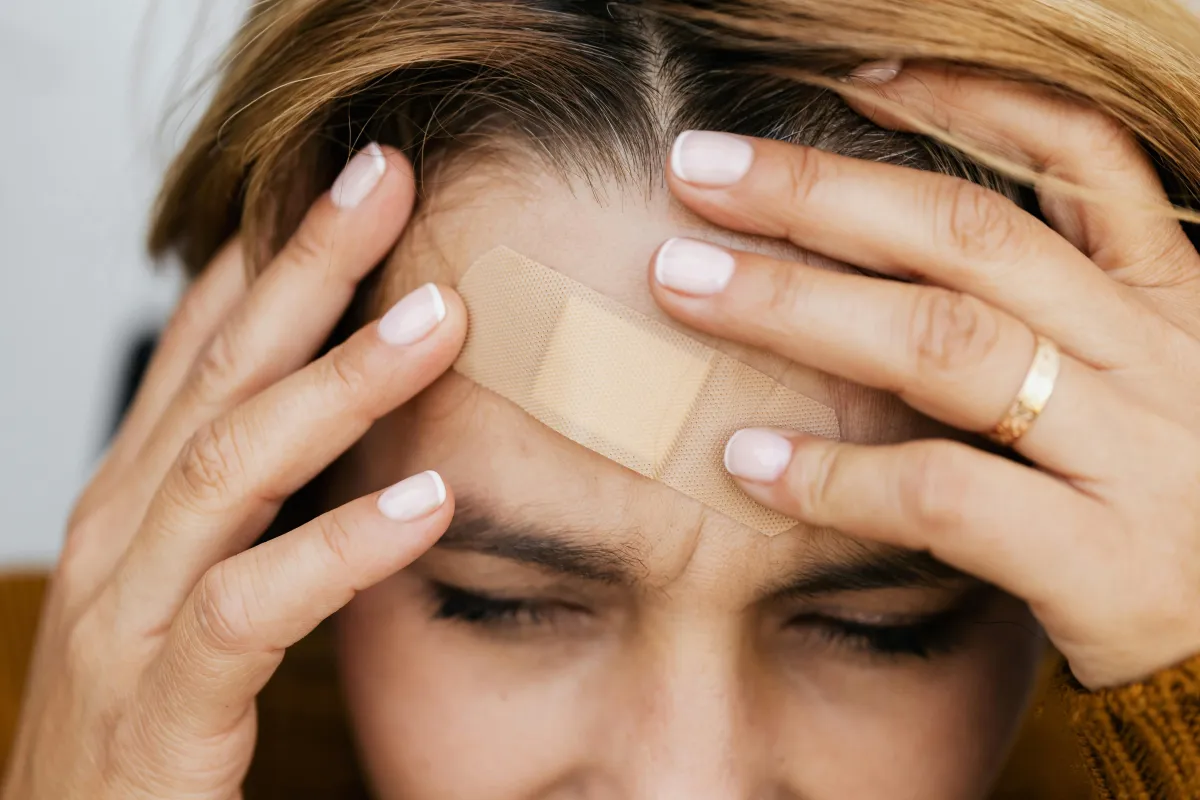
Our latest posts

How Stress Secretly Damages Your Skin—and How to Stop It
Stress has a sneaky way of showing itself. Even when you think you’re handling everything fine, your skin might be telling a different story. That dull tone, sudden breakout, or rough texture may be your body’s way of signaling that stress levels are running too high.
When stress hits, the body releases cortisol, the “stress hormone.” Elevated cortisol levels can disrupt the skin’s natural barrier, leading to dehydration and sensitivity. It also triggers excess oil production, which can clog pores and cause breakouts. Over time, this cycle can break down collagen and elastin—proteins that keep skin firm and youthful—resulting in fine lines and sagging.
The Connection Between Stress and Skin Health
Your skin is often referred to as the “mirror” of your inner state. When the mind is under pressure, circulation decreases, slowing down the delivery of oxygen and nutrients to skin cells. This can make your complexion appear dull and uneven. Meanwhile, inflammatory responses in the body can lead to flare-ups of conditions such as eczema, psoriasis, or acne.
Beyond hormones and inflammation, stress often affects habits that contribute to poor skin health. You might sleep less, skip your skincare routine, or reach for processed comfort foods. All of these behaviors further weaken the skin barrier, making it harder for your complexion to recover.
Simple Habits to Protect Your Skin from Stress
1. Practice Short Relaxation Sessions
Just five minutes of deep breathing or mindful stillness can lower cortisol levels. Even small daily pauses help calm the body and reduce the visible impact of stress on your skin.
2. Maintain a Consistent Skincare Routine
Gentle cleansing, hydration, and protection can go a long way. Focus on soothing ingredients like niacinamide, ceramides, and aloe vera that help repair the skin barrier.
3. Stay Hydrated and Eat Skin-Supportive Foods
Water-rich fruits and vegetables, along with healthy fats, can strengthen the skin from within. Think avocado, salmon, cucumber, and berries.
4. Get Quality Sleep
Your skin repairs itself while you rest. Lack of sleep not only increases stress but also speeds up visible signs of aging. Aim for 7–9 hours of deep, restorative rest.
5. Move Your Body
Exercise improves circulation and encourages oxygen flow, which helps maintain a natural glow. When you move, your body releases endorphins—nature’s stress fighters.
Professional Help for Stressed Skin
If you’ve noticed that stress has started to take a toll on your complexion, professional facials can help reset your skin. Treatments that combine exfoliation, hydration, and gentle massage can bring back balance and brightness.
You can check out Facial Lounge for expert skin treatments designed to soothe, repair, and refresh your skin. Their customized facials and clean skincare approach make it easy to care for your skin even during stressful times.
Stress may be inevitable, but its effects on your skin don’t have to be. By building consistent self-care habits and giving your skin the attention it deserves, you can reduce inflammation, restore radiance, and keep your complexion healthy—no matter what life throws your way.
One or more of the links above are affiliate links, meaning, at no additional cost to you, we will earn a slight commission if you click through and make a purchase. Each of these products is chosen by a trusted member of our team.

© 2023 All Rights Reserved.